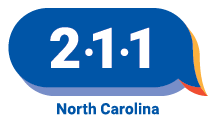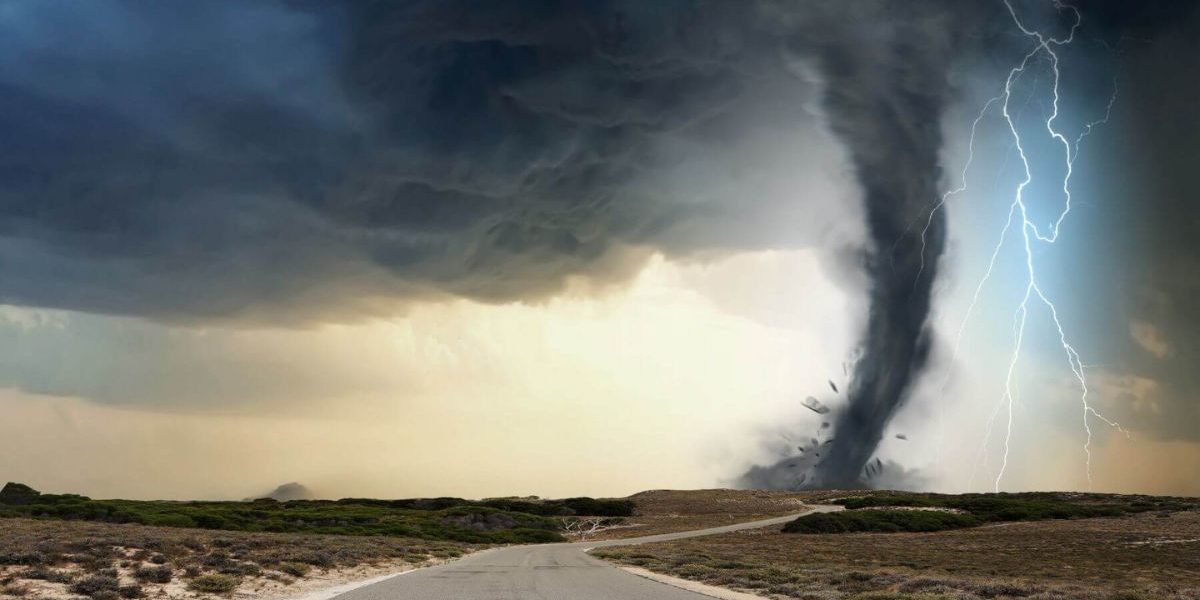Tornadoes are violently rotating columns of air that bring intense winds of over 200 miles per hour. They can destroy buildings, flip cars, and create deadly flying debris.
How can I prepare for a tornado?
- Know your area’s tornado risk. In North Carolina, tornadoes can occur with little or no warning at any time during the year. The peak season, however, is March through May.
- Know the signs of a tornado. Before a tornado hits, the wind may die down and the air may become still. A tornado will look like a rotating, funnel-shaped cloud or a cloud of debris.
- Sign up for your community’s warning system. The Emergency Alert System (EAS) and NOAA Weather Radio provide emergency alerts. Click here to learn more and sign up.
- Pay attention to weather reports. Meteorologists can predict when conditions might be right for a tornado.
- Identify and practice going to a safe shelter. The safest place to be during a tornado is a basement and the next best place would be an inner hallway or smaller inner room without windows (bathroom or closet e.g.).
- Gather emergency supplies and create an emergency plan that includes your pet (if applicable).
How can I stay safe during a tornado?
- Immediately go to a safe location.
- At home or work – seek shelter on the lowest possible floor away from windows. Crawl under desk as a last resort.
- At school – seek shelter in hallways, small closets and bathrooms away from windows. Stay out of mobile classrooms, gymnasiums, auditoriums and other rooms with a large expanse of roof.
- At the mall/store – seek shelter against an inside wall and stay away from skylights and large open areas.
- Outside – if no shelter is available, try to find a ditch or low-lying area and cover your head with your hands.
- Pay attention to EAS, NOAA Weather Radio, or local alerting systems.
- Protect yourself by covering your head or neck with your arms and surrounding yourself with materials (furniture and blankets, e.g.)
- Do not try to outrun a tornado in a vehicle if you are in a car.
What should I do after a tornado?
- Check for injuries and do not try to move badly injured people unless they are in immediate danger. Get medical help quickly.
- Watch out for sharp objects and stay clear of fallen power lines or broken utility lines.
- Use battery-powered lanterns (rather than candles) to light homes without power. Never use generators, pressure washers, grills, camp stoves or other gasoline, propane, natural gas or charcoal-burning devises in or near your home.
- Pay attention to EAS, NOAA Weather Radio and local authorities for updated information.
- Wear appropriate clothing for clean-up (sturdy shoes/boots, long sleeves and gloves).
- Inspect the damage to your home. If you think there might be damage, shut off electrical power, natural gas and propane tanks to stop any fires, electrocutions or explosions.
Need more information?
CLICK HERE for more information from Ready.gov or call 2-1-1 (1-888-892-1162) to speak with a call specialist from NC 211.
SOURCES: Ready.gov, Ready NC
Last updated 3/10/2022


